When Euisun Chung, 50-year-old chairman of the mighty Hyundai Motor Group, takes aim at an important target, you know he will hit it. That’s because, as well as being one of the world’s highest-achieving car executives, Chung (or ES, as he’s better known) has led the governing body of South Korea’s national sport of archery since 2005, during which time his countrymen have netted nine Olympic gold medals plus nationwide adulation.
It makes a handy metaphor for Chung’s own consistently stellar performance as the visionary leader of his high-achieving company, the reason we’re proud to award him this year’s Autocar Issigonis Trophy for exceptional achievement and leadership in the motor industry.
At Hyundai, remarkable progress has always been a fact of life. Founded in 1947 as an engineering and construction company by Chung’s grandfather, Hyundai started making cars – Ford Cortinas under licence – in 1967. Early in 1974, it hired former British Leyland boss George Turnbull to make cars of its own design, and its first model, the Giorgetto Giugiaro-designed Pony, was on the market 18 months later.
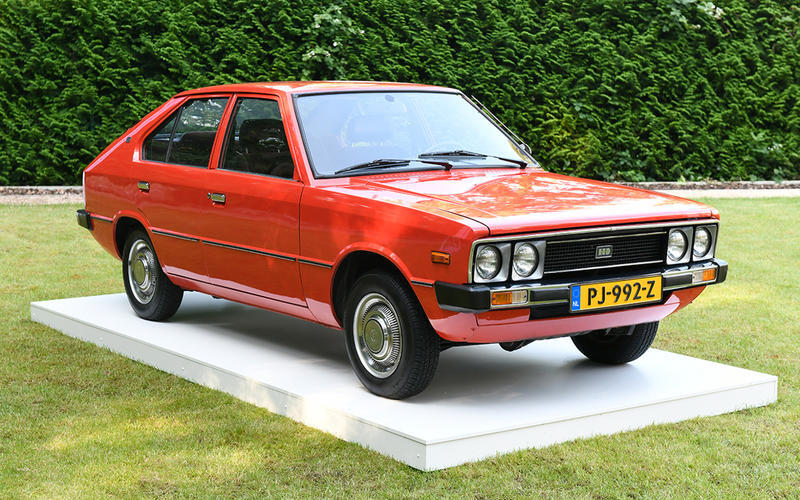
By 1978, Hyundai was selling cars in the Netherlands. By 1982, it was established in Britain. In 1986, it broke into the US market, shifting nearly 200,000 units in its first year. In 1990, total production passed four million cars a year. Even the Japanese, in their 1990s world-beating pomp, suddenly realised they would have to take Hyundai much more seriously.
At that stage, 30-year-old Chung had joined the family firm, having previously acquired a business degree from a Korean university, then completed an MBA at the University of San Francisco. He also worked for a period in New York.
After a variety of increasingly responsible jobs, he took charge of Kia as president in 2005, in time to play a key part in the roll-out two years later of the group’s first all-European products, the Kia Cee’d and Hyundai i30, designed in Frankfurt by European engineers, built in Europe and aimed at European buyers. They were very good cars.
During his five years at Kia, 2005 to 2009, Chung nailed his progressive colours to the mast. He hired distinguished European design boss Peter Schreyer to create an image of Kia as a world design-leader, initially by building a series of influential concept cars. The launch of the 2010 Sportage, universally admired for its style, caused a global stir. Kia became the group’s upstart, increasing sales by 70%, doubling its operating profit and growing more quickly than its parent. That raised inconvenient questions, at least on this side of the world, about when Hyundai would do something about its dowdier versions of similar cars.

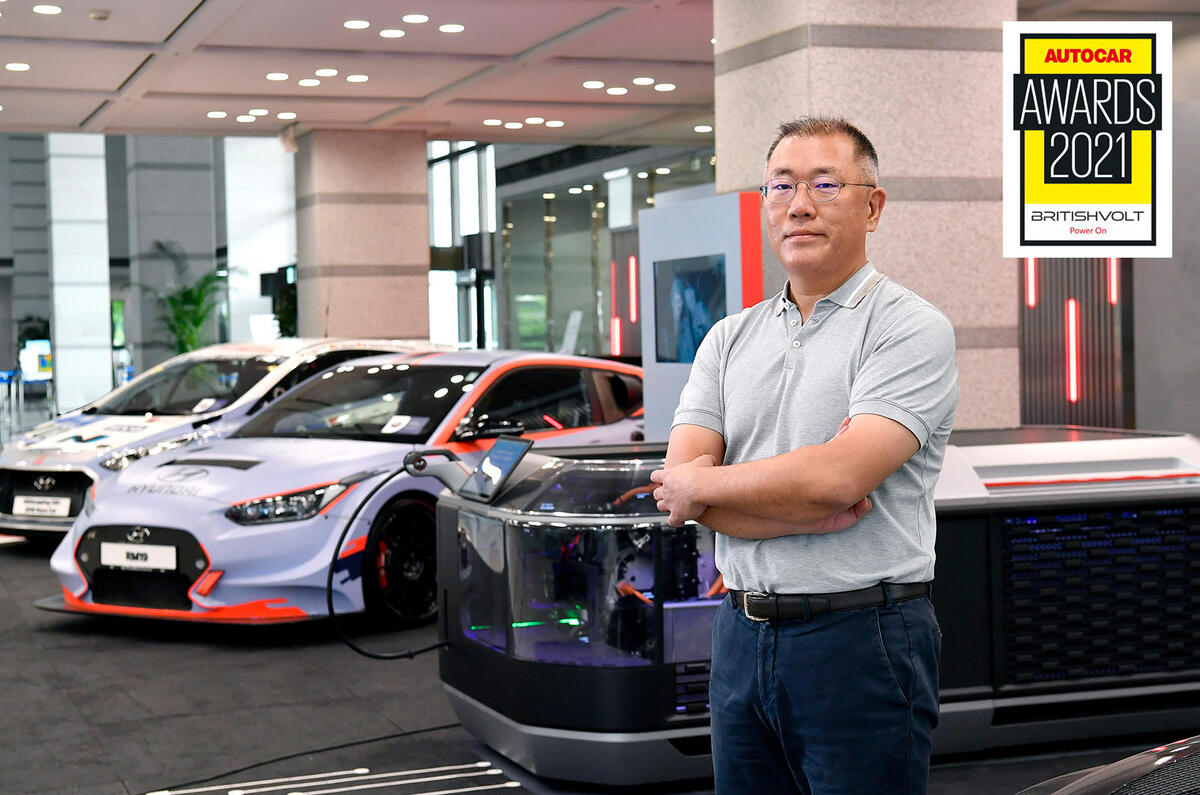
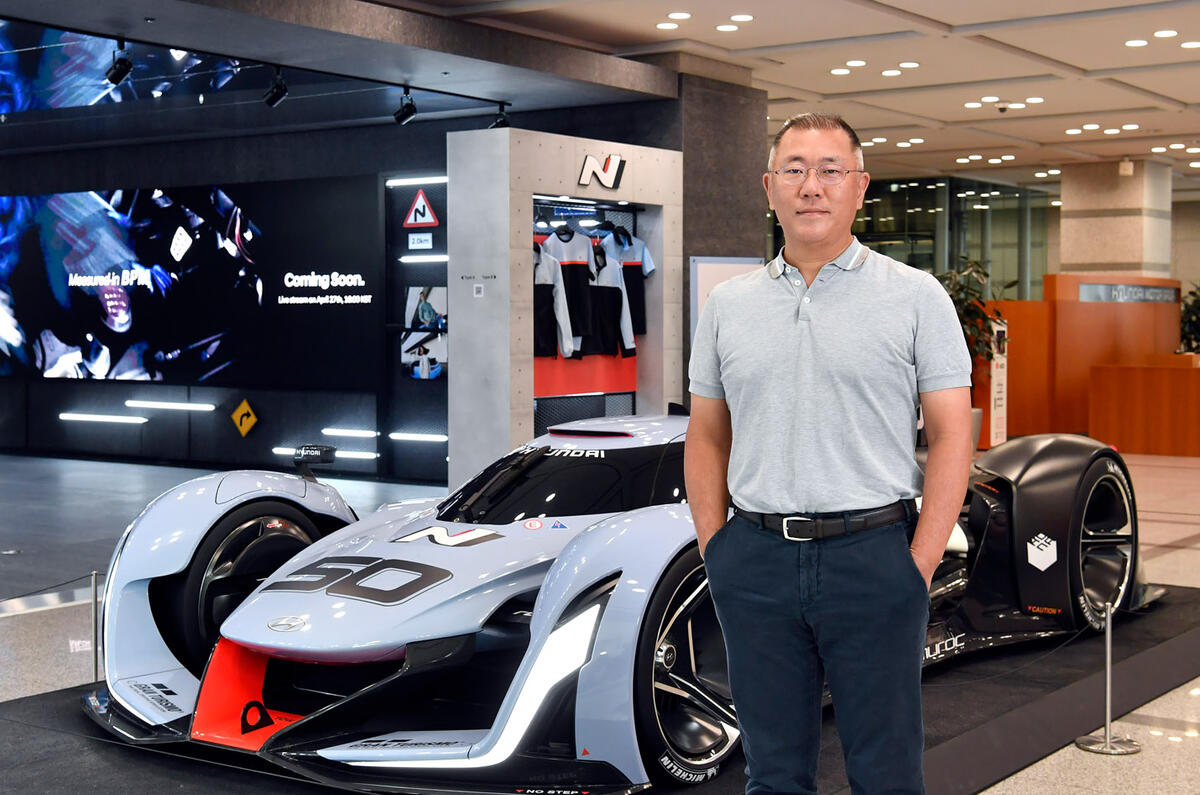
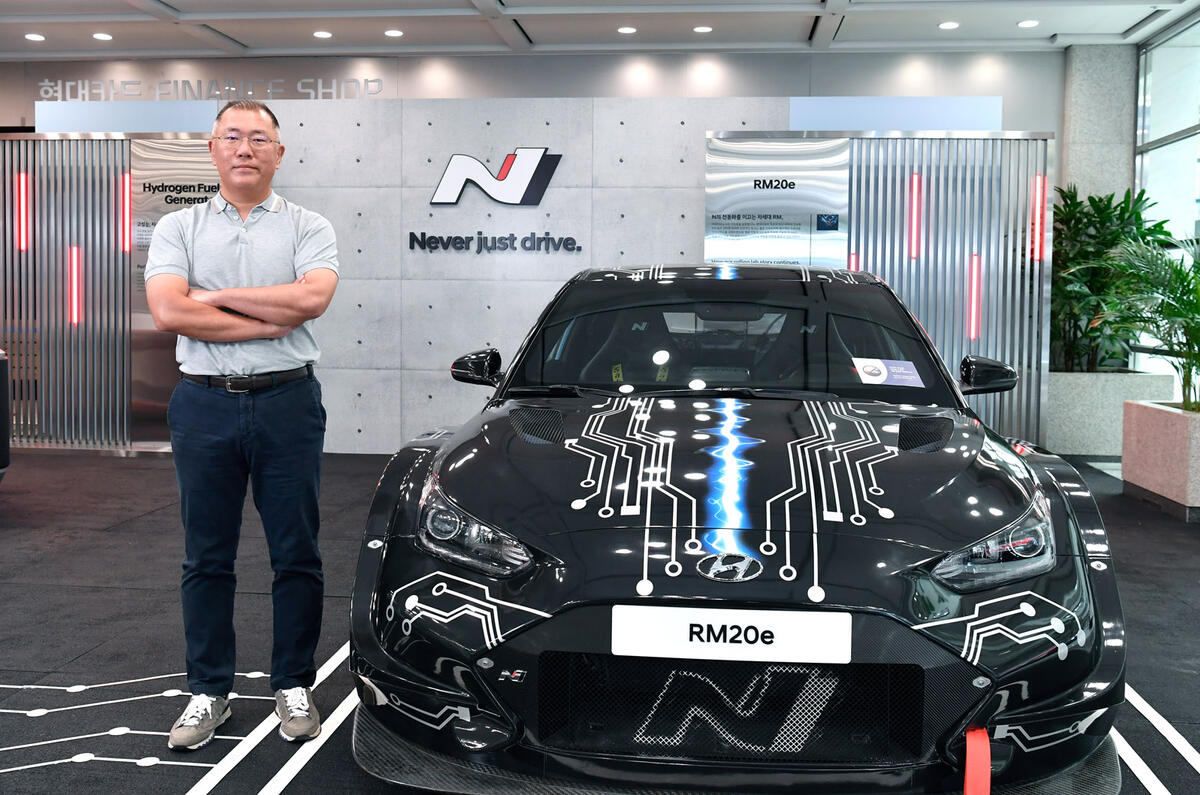
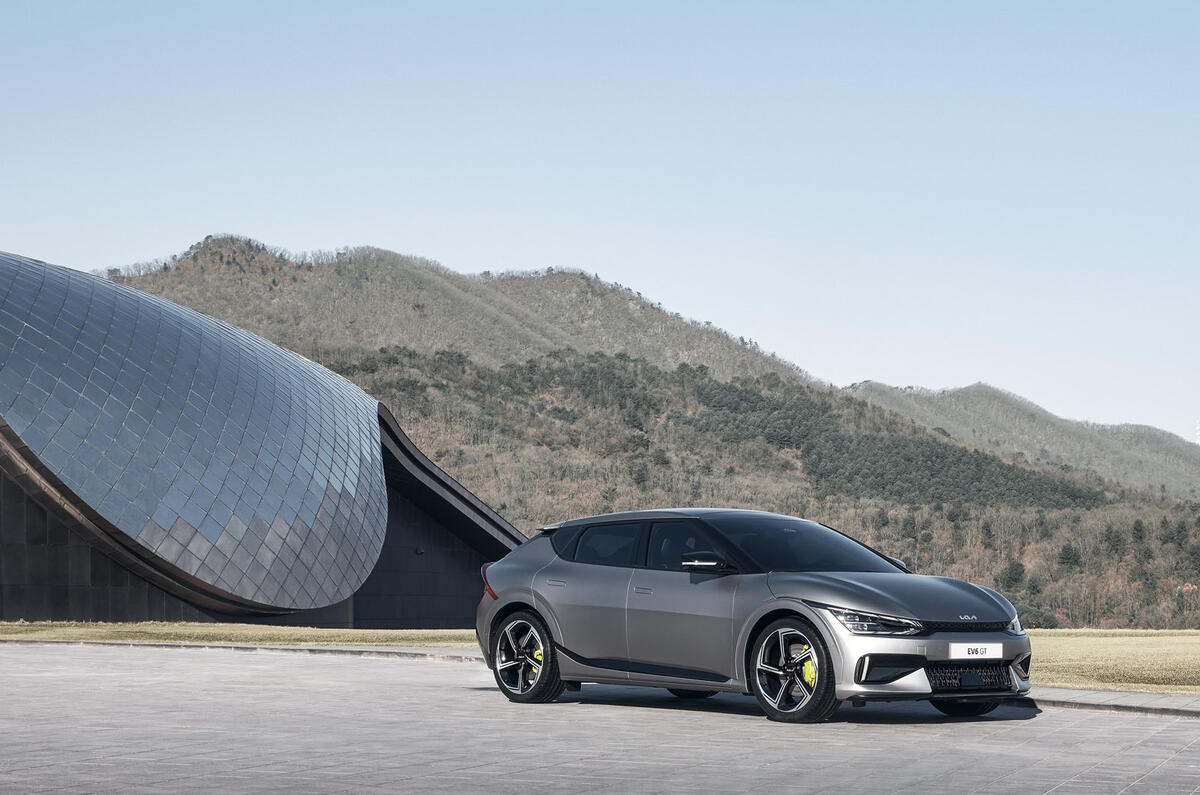
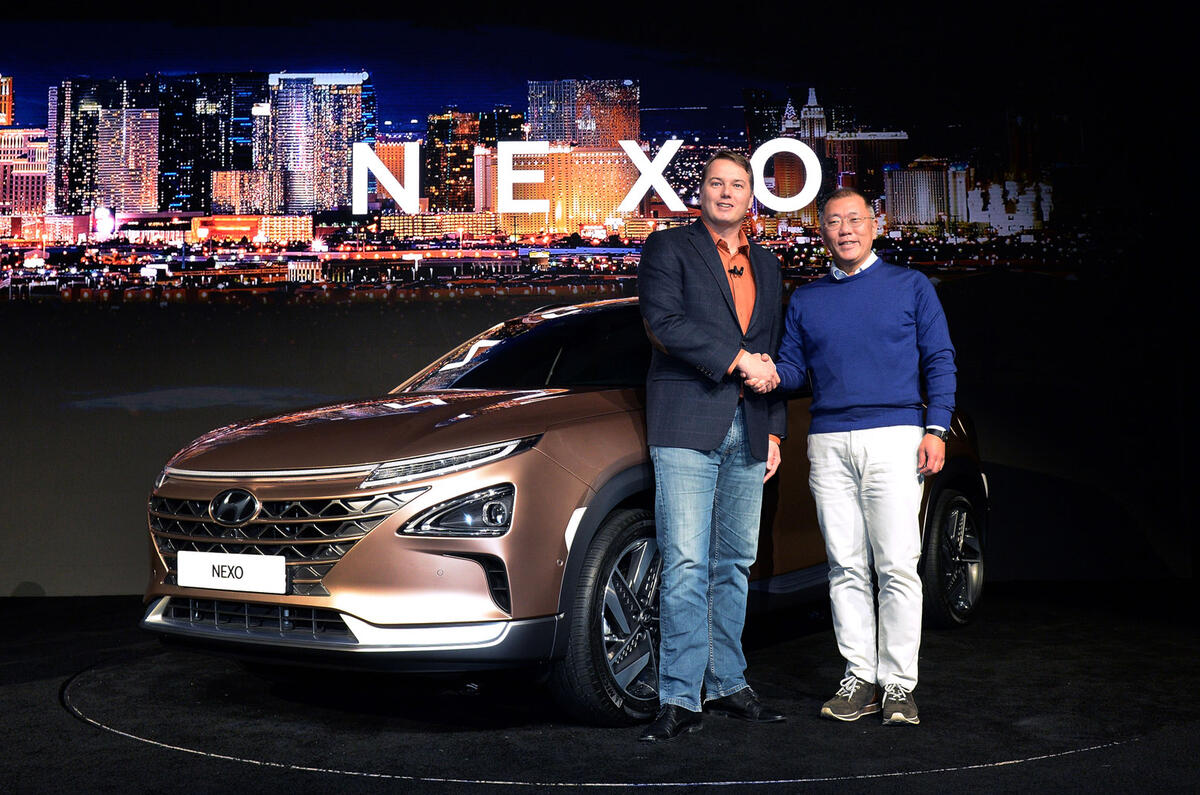
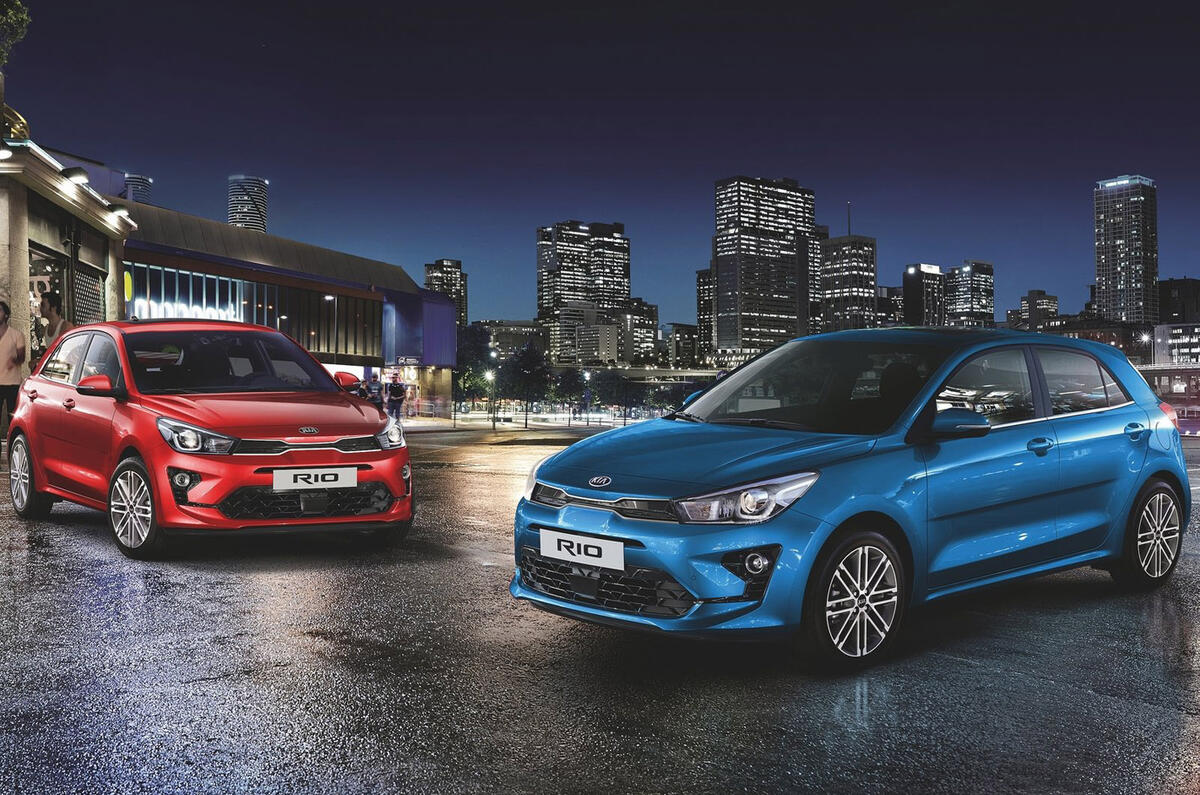
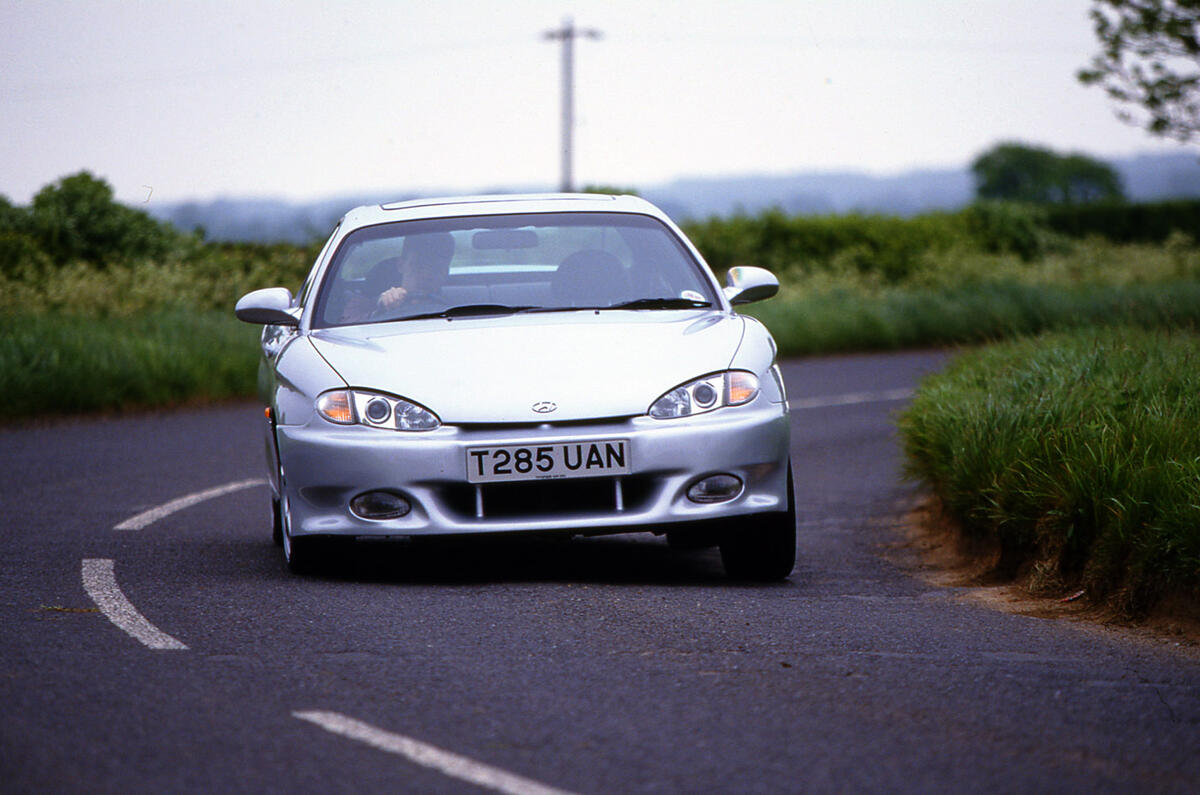
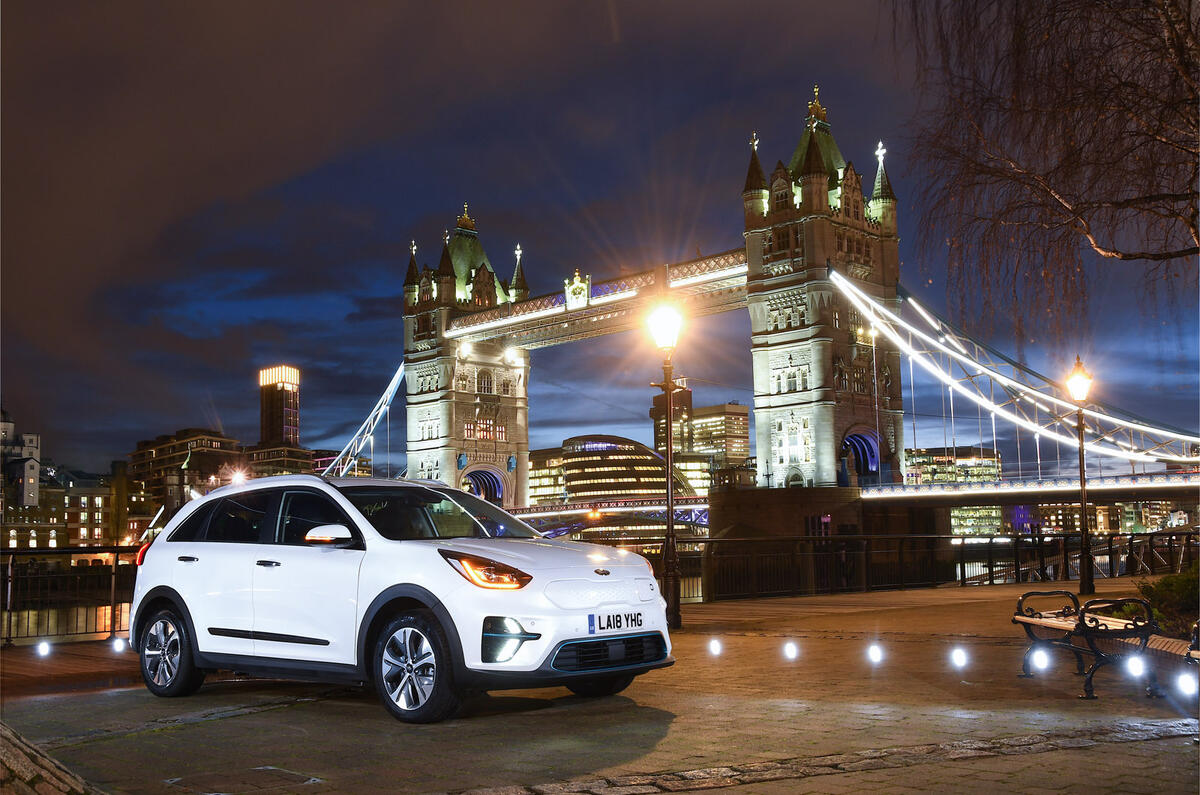
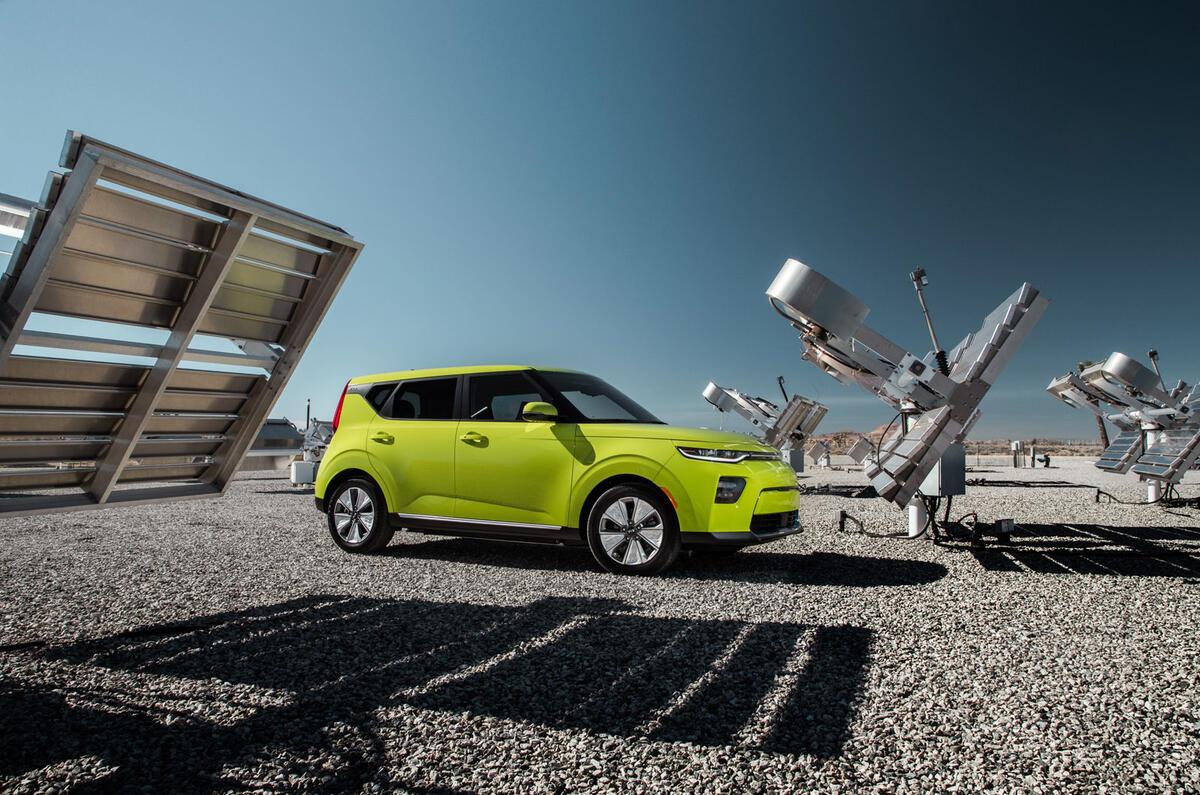
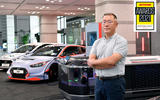
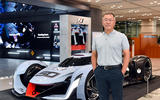
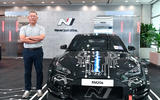
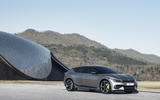
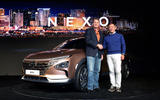
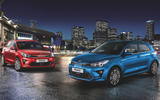
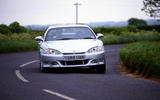
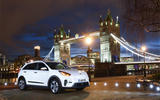
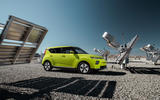

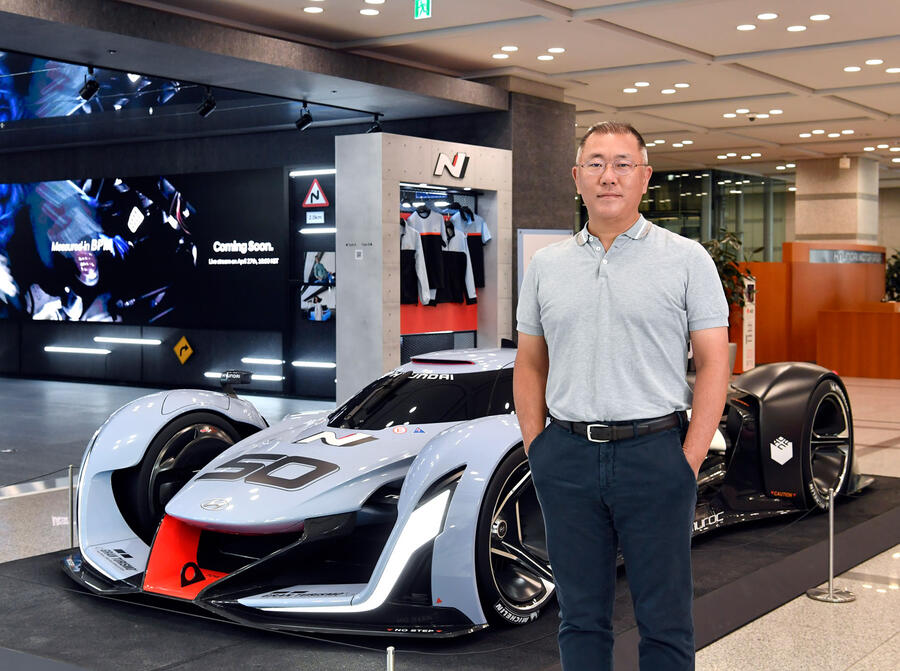
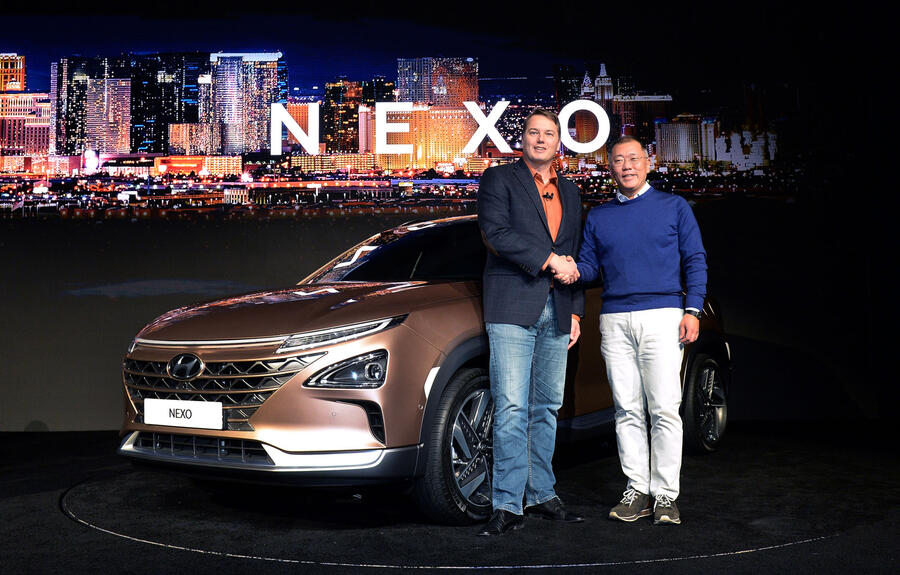





Add your comment